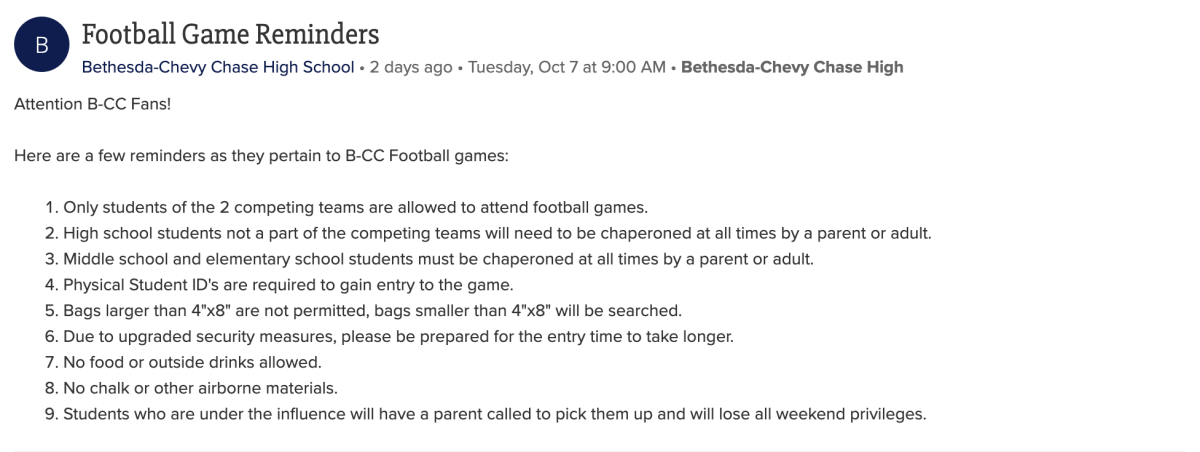Gaslighting and Other Terms are Overused
And it’s more than just annoying.
photo was obtained from flickr
December 1, 2022
After a bad breakup, teenagers often resort to trash-talking their ex. While most of these insults are relatively benign and basic, some insults begin to devalue real conditions and practices, such as gaslighting, narcissism, and psychopathy. This devaluing inhibits people’s understanding of these terms, making it harder to know when one is really subjected to them.
For example, the phrase “gaslighting,” has been transformed from a term that describes a specific form of manipulation to a buzzword that lacks any meaning beyond lying. What gaslighting really is, and should be considered, is a consistent pattern of lying and refusal to concede in order to make you feel like your sanity is slipping, making you rely more on your abusive partner. However, just because your significant other disagreed with you doesn’t mean that they were trying to gaslight you. People have different perspectives, and someone insisting theirs is the correct one isn’t necessarily gaslighting.
Of course, it’s highly important to listen to someone who is feeling like they’re being manipulated in this manner and to learn what is happening to them. Telling someone that feels like they’re being gaslit that they’re making it all up ironically is one of the most common tactics gaslighters use. Even if someone isn’t being gaslit, the fact that they feel like they are certainly spells problems in their relationship, and how they are being treated. This, however, doesn’t really apply to the rest of these terms.
Such as narcissism, frequently misused and misunderstood. Narcissism, or Narcissistic personality disorder, is not just being selfish or self-centered. It’s an exaggerated sense of self, a lack of empathy, and a constant craving for admiration. This condition can severely impair someone’s ability to function socially, romantically, and professionally. People with NPD are extremely sensitive to criticism and often feel shame, worthlessness, and humiliation when things go wrong. Being able to adapt to this disorder is extraordinarily hard just on its own, and throwing “narcissism” around to try and tear down your ex just makes it harder for people with NPD to live their lives and try and overcome their disorder.
And your ex is not a psychopath; psychopathy is a condition that impairs the ability of the affected person to feel remorse and empathy and causes extreme antisocial behavior. While many serial killers and abusers have been psychopaths, plenty of people who are not a threat to others are psychopaths too. Psychopathy is generally considered untreatable, and therefore shouldn’t be used to insult someone who may have done something messed up to you. Psychopaths often experience difficult lives, and their mental disorders can lead to them causing harm to others solely due to their disorder. It’s not a term that should be thrown around lightly, especially when the perception of psychopathy is one of overwhelming fear and hostility.
Another term you’ve likely heard is codependency, with people thinking that being codependent on a partner is simply missing them or wanting to be with them a majority of the time. It’s not. According to PsychCentral, “Codependency is a problematic relationship orientation that involves the relinquishing of power and control to individuals who are either addicted or who are pathologically narcissistic.” Codependent relationships are highly detrimental and hard to escape, and they are most certainly not something that shows how much you love your partner. The scarring effects codependent partners have on not just themselves, but their family and friends, should make people choose carefully how they identify relationships.
By misusing these terms, especially the ones referring to disorders, people show that they prefer to reduce people down to their mental disorders and consider them not a person, rather than to consider the complexity and hardships that these people face. People with mental disorders are just as deserving of respect and understanding as people without. We shouldn’t make these people’s lives harder by turning them into negative archetypes used to sling mud at people in our lives. By carefully considering how you describe people and your relationships, you fight the huge amounts of misinformation about these terms.











































